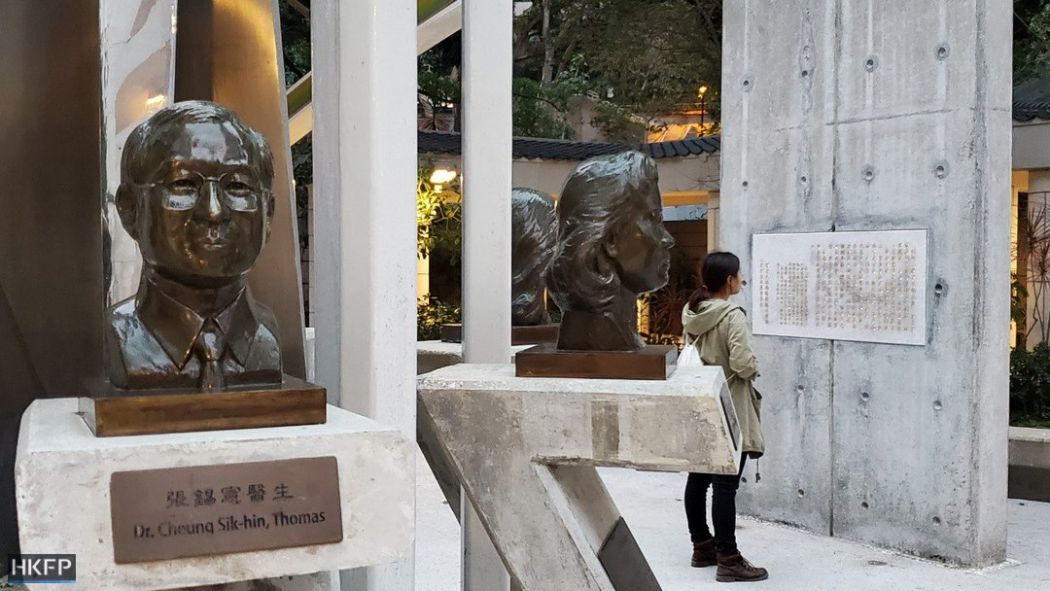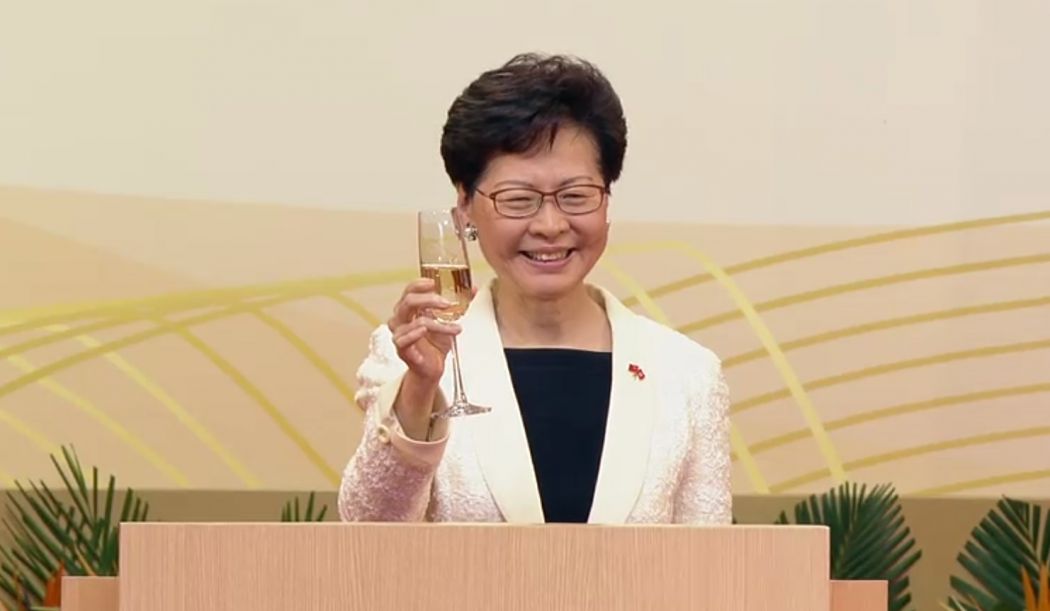Who could have predicted that 17 years after the SARS (Severe Acute Respiratory Syndrome) epidemic infected 1,755 Hongkongers, killing almost 300 and gripping the city in fear, we would be looking back on that period of our history with a certain degree of nostalgia?
True, as with the novel coronavirus that is our latest deadly viral nemesis, schools were closed, tourism came to a halt and local restaurants and retail outlets took a prolonged and painful hit.

Times were bad, but those bad times brought people together in a united front against a common enemy. Everywhere there was dread and suffering, but there was also a spirit of civic pride, duty and cooperation, especially among medical staff, eight of whom lost their lives in their courageous battle against the disease.
Indeed, those difficult months proved an exacting test of strength and character for the people of Hong Kong, and they passed with flying colours. The contagion, which started in neighbouring Guangdong province, eventually burned out, and Hong Kong, only made stronger by the ordeal, went back to being a great world city.
But that was then, and this is now. The public reaction to our new viral foe—marked by protests, violence, panic-buying and a medical strike—has been altogether different.
Gone is that civic unity in the face of an unknown danger; in its place has risen up an ugly desire for invective and confrontation that is understandable, given the Hong Kong government’s typically inept response to the virus, but not really justified by the scientific facts on the ground.
While there are signs the new virus, dubbed Covid-19 by the World Health Organisation (WHO), will peak by the end of this month, for now both the infection and fatality rates continue to climb. It should be noted, however, that the virus kills only around two per cent of those who contract it, according to the WHO, and that figure is likely to be considerably lower assuming those inflicted with milder, flu-like symptoms remain unreported.

We should not dismiss or belittle the alarm and fear caused by a scourge that has now killed more people than SARS and continues to rage on the mainland and spread around the world.
In the end, however, as with SARS, more people may wind up dead from the common flu than from the novel coronavirus.
Let’s all hope for the best possible ending to the medical side of this story.
Conclusions on the economic, social and political impact of Covid-19, however, can already be drawn.
On the economic front, with cross-border traffic brought to a virtual halt, international travellers avoiding the city like the plague and many Hongkongers hunkering down at home to avoid public places where the virus could be transmitted, the results are dolefully obvious.
Socially and politically, the battle over how to respond to such a daunting health-care challenge has become an extension of the ongoing anti-government protests, now entering their ninth month, which were sparked by the controversial extradition bill proposed (and subsequently withdrawn) by Chief Executive Carrie Lam. And, just as plainly, those increasingly vehement and at times violent protests are a product of years of frustrated hopes and dreams that can be traced back to the largely peaceful but ultimately failed pro-democracy Occupy movement of 2014.
Consider this: at the height of Sars in 2003, we never heard a call to shut down all borders with the mainland, and doctors and nurses did not even consider launching a strike, as the newly formed Hospital Authority Employees Alliance has done in support of a complete border shutdown.

Neither would proposed quarantine sites have been firebombed by black-clad protesters who may or may not live in the area.
Hong Kong politics have become so toxic that even a public-health emergency is not exempt from partisan warfare.
It must be said, however, that the Lam administration’s day-late, dollar-short response to the crisis has only served to exacerbate the problem.
As the virus spread in the city, killing one person and infecting 53 as of Friday, we have gone from entirely open borders with the mainland to partially closed borders to, more recently, quarantine for anyone entering the city at the two border crossings still open. And many of these recent quarantines are taking place, with questionable reliability, in private homes and hotels.
Meanwhile, there is a woeful undersupply of surgical masks and an unfortunate oversupply of unscrupulous dirtbags selling them at ludicrously high prices.
The initial response to the disease on the mainland—where, as with SARS, the virus originated, this time in the capital city of Wuhan in central Hubei province—was also sorely lacking, sewing fear and distrust in Hong Kong.
It has now emerged that Wuhan officials ignored and then denied the outbreak of the virus in its crucial early stages in December, allowing it to proliferate before central authorities felt compelled to declare an emergency as it spread like wildfire.
And it’s still spreading, as is Hongkongers’ disaffection with the maddeningly opaque governance style practiced on the mainland and the broken “one-country, two-systems” promise that accompanied the city’s 1997 handover from British to Chinese sovereignty.
SARS was a call to unity and a show of heroism by Hong Kong medical staff. Sadly, this latest coronavirus appears to have brought the worst out in us, driving us further apart.
